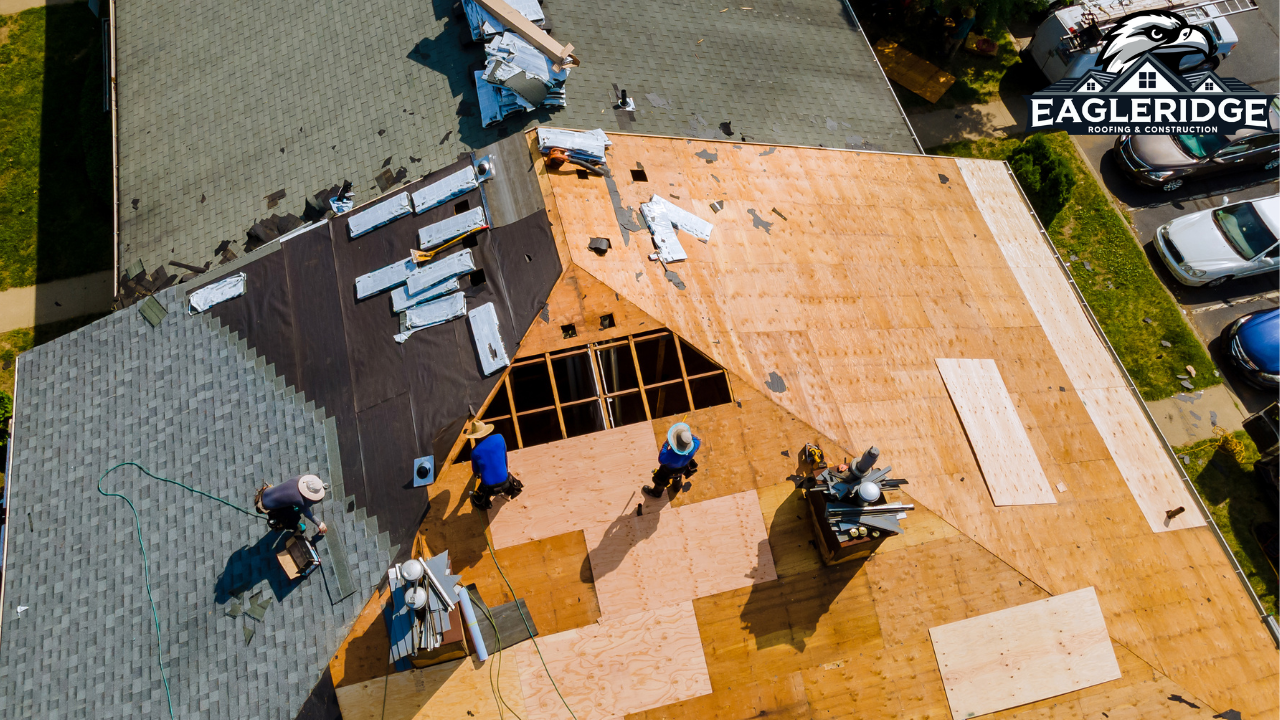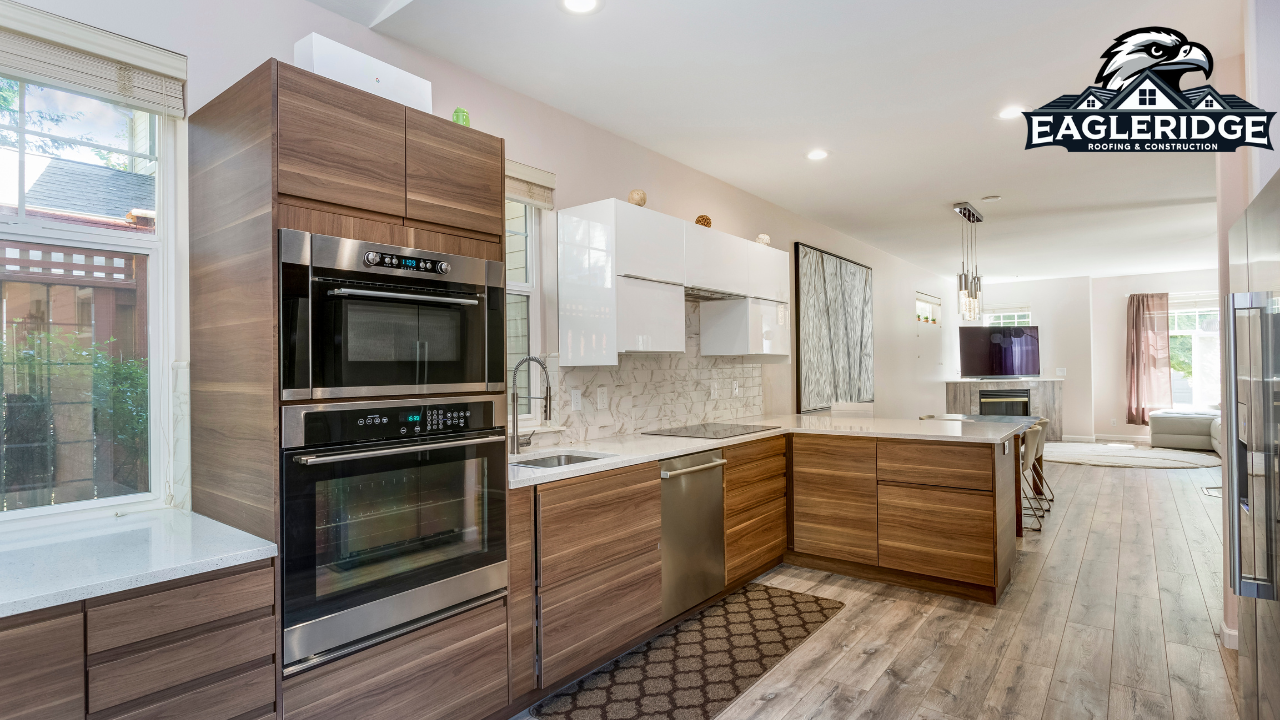When it comes to choosing the best tile for your bathroom floor, several factors come into play, including durability, water resistance, and safety. For me, porcelain tiles stand out as a top choice due to their exceptional durability and high water resistance, making them ideal for moist bathroom environments. They offer a wide range of styles, from wood to stone looks, which can greatly enhance the aesthetic appeal of your bathroom. However, other options like luxury vinyl tiles (LVT) and certain ceramic tiles also have their own set of benefits, particularly regarding affordability and slip resistance. Let's explore these options further to find the perfect fit for your bathroom.
TLDR
- Porcelain Tile: Ideal for bathroom floors due to its exceptional durability, high water resistance, and ease of cleaning, making it suitable for wet areas[1][2][4].
- Slip Resistance: Choose tiles with a high Dynamic Coefficient of Friction (DCOF) value, such as Daltile's StepWise™ porcelain tiles, to ensure safety in moisture-prone areas[BACKGROUND].
- Maintenance: Porcelain and ceramic tiles are easier to maintain than natural stone, requiring only regular cleaning with warm water and mild soap, while natural stone needs periodic sealing[1][2][5].
- Moisture Resistance: Porcelain and vinyl tiles are highly resistant to moisture, minimizing the risk of damage from water, making them excellent choices for bathroom floors[1][2][BACKGROUND].
- Aesthetics and Durability: Natural stone tiles offer unique aesthetics but require more maintenance; porcelain tiles can mimic natural stone looks with greater durability and lower maintenance[2][4][5].
Porcelain Tile Options
When it comes to choosing the best tile for your bathroom floor, porcelain tile is often the top contender due to its exceptional durability and versatile design options.
Porcelain tiles are highly durable and resistant to breaks, making them ideal for high-traffic areas and wet environments. They're also highly water-resistant, which minimizes the risk of damage from water exposure, an essential factor in bathroom flooring.
Porcelain tiles come in a wide range of styles, from wood-look and stone-look designs to mosaics and geometric patterns.
They're easy to clean with warm water and mild soap or gentle commercial cleaners. Additionally, porcelain tiles are stain-resistant and less likely to chip or crack compared to other materials like ceramic or marble, making them a practical and long-lasting choice for your bathroom floor[2][4][5].
Ceramic Tile Benefits
While porcelain tiles stand out for their durability and water resistance, ceramic tiles have their own set of benefits that make them a viable option for bathroom flooring.
Key Benefits of Ceramic Tiles
| Benefit | Description | Advantage |
|---|---|---|
| Durability | Highly resistant to impacts and cracking | Long-lasting, easy to maintain |
| Affordability | Most affordable tile option compared to porcelain | Budget-friendly, wide design range |
| Ease of Installation | Softer structure makes them easier to cut and install | Ideal for DIY projects |
Ceramic tiles are also child and pet friendly due to their durable and washable nature. They are hypoallergenic, non-porous, and resistant to stains and allergens. Additionally, ceramic tiles are easy to clean and can be made from recycled materials, making them an eco-friendly choice[1][3][4].
Natural Stone Tiles
Natural stone tiles bring a unique blend of elegance and durability to bathroom flooring, but they come with their own set of considerations. These tiles, formed through years of subterranean heat and pressure, are inherently heat, fire, scratch, and stain resistant, making them a robust choice.
However, they're somewhat porous, so sealing is recommended, typically every 1 to 3 years depending on the type and usage. Marble, granite, quartzite, and travertine are popular options, each offering distinct aesthetics and durability levels. For example, quartzite and granite are particularly strong, while marble adds a luxurious touch.
Natural stone tiles can increase property value and, with proper care, last a lifetime[1][2][5].
Vinyl Tile Advantages
Vinyl tile stands out as a versatile and practical choice for bathroom flooring, offering several key advantages that make it an attractive option for many homeowners. One of the main benefits is its inherent water resistance, making it ideal for high-moisture environments like bathrooms.
Vinyl tiles are also easy to install, often featuring a click-and-lock system that simplifies the process and reduces installation costs, making it a viable option for DIY enthusiasts[1][3][4].
Additionally, vinyl tiles are comfortable underfoot, providing a warmer and softer surface compared to ceramic or porcelain tiles. They're low maintenance, requiring only regular sweeping or mopping to keep them clean.
Vinyl tiles are also cost-effective, offering a high-end look without the high price tag of natural materials. With a wide range of designs and colors available, vinyl tiles can easily match any bathroom décor[2][3][5].
Slip Resistance and Safety**
When it comes to bathroom flooring, slip resistance and safety are paramount, especially in areas prone to moisture.
To guarantee a safe bathroom floor, look for tiles with a high Dynamic Coefficient of Friction (DCOF) value, which measures slip resistance. Tiles with a DCOF value of at least .42 are recommended for wet areas[2,.
Options like Fireclay Slip-Resistant Ceramic Tile and Daltile's StepWise™ porcelain tiles are excellent choices.
Fireclay tiles boast a DCOF value above .42 and a breaking strength of 393 pounds per foot, making them durable and safe[1].
StepWise™ tiles have a DCOF of at least .60, considerably exceeding standard requirements, and are easy to clean and maintain[2].
Additionally, mosaic tiles with small individual pieces and more grout lines can provide excellent slip resistance due to their textured surface[4].
These options guarantee a bathroom floor that's both stylish and safe.



